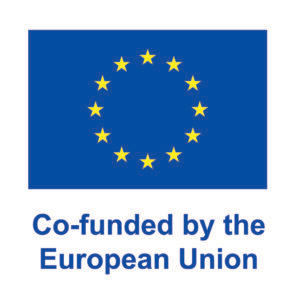SLog4.0 The CURRICULUM for the Sustainable Logistic 4.0 study course has been defined and validated
15/09/2023, Brigita Gajšek and Simona Šinko, Faculty of Logistics, University of Maribor
The last activity within WP2 was A2.5 Defining Sustainable Logistic 4.0 Curriculum. Based on the design principles, the partners first had to think about the study course structure through which the participants could achieve desired learning outcomes.
Project partners agreed that the Slog4.0 study course would contain four modules, namely:
- Module 1: Logistics 4.0 in the smart society,
- Module 2: Sustainability in Logistics 4.0,
- Module 3: IoT: adopting 4.0 for green logistics,
- Module 4: Green challenge.
By defining the modules, a framework was defined into which the partners began to place the content of the previously defined design principles.
Previous research has shown that some logisticians only want to deepen their theoretical knowledge but are not interested in solving other companies' problems in practice. This is mainly the aspect of those already employed. On the other hand, students who have not yet been placed in a working environment want to gain access to practice and participate in the concrete challenges of companies. In order to create a study course interesting for employees and students, the partners found a simple solution. The course was divided into two parts, one theoretical and one practical. The practical part, comprising modules 1, 2 and 3, requires a completed theoretical part or Module 4. Modules 1, 2 and 3 present a rounded independent whole, a theoretical starting point for approaching Module 4. Course participants will be able to decide whether they want to finish the training after the acquired theoretical knowledge or whether they will continue with the practical part to solve the green challenge of a specific company.
The developed curriculum includes the content of Design Principles from WP A2.4 and adds module titles, ECTS, duration of training, course and learning outcomes, responsible persons, level of study, the field of study, language, skills, methods for verifying learning outcomes, assessment criteria, and assessment scale.
With the curriculum validated by non-academic partners from business, the project group concludes WP 2 - Detailed training need analysis and definition of training course design principles and curriculum. The project partners took this opportunity to express their satisfaction that they were able to be part of this development process, which enabled them to supplement their competencies and have a broad view of current trends, and face the challenges of modern society.


